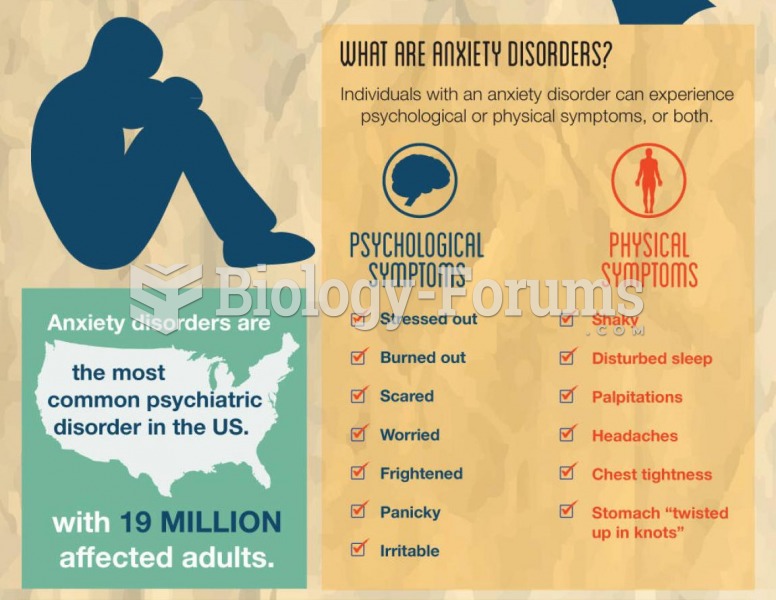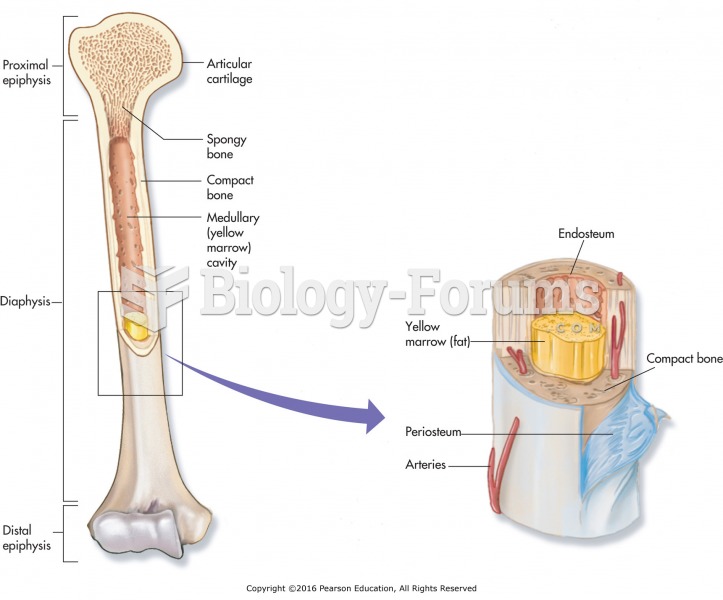Answer to Question 1
ANS: Horney defined basic anxiety as an insidiously increasing, all-pervading feeling of being lonely and helpless in a hostile world. It is the foundation on which all later neuroses develop, and it is inseparably tied to feelings of hostility, helplessness, and fear. In childhood, we try to protect ourselves against basic anxiety in four quite different ways: securing affection and love, being submissive, attaining power, or withdrawing.
Securing Affection: By securing affection and love from other people, the person is saying, in effect, If you love me, you will not hurt me. There are several ways by which we may gain affection, such as trying to do whatever the other person wants, trying to bribe others, or threatening others into providing the desired affection.
Being Submissive: Being submissive as a means of self-protection involves complying with the wishes of either one particular person or of everyone in our social environment. Submissive people avoid doing anything that might antagonize others. They must repress their personal desires and cannot defend against abuse for fear that such defensiveness will antagonize the abuser. Most people who act submissive believe they are unselfish and self-sacrificing.
Attaining Power: By attaining power over others, a person can compensate for helplessness and achieve security through success or through a sense of superiority. Such people seem to believe that if they have power, no one will harm them.
Withdrawing: The fourth way of protecting oneself against basic anxiety involves withdrawing from other people, not physically but psychologically. Such a person attempts to become independent of others, not relying on anyone else for the satisfaction of internal or external needs. The withdrawn person achieves independence with regard to internal or psychological needs by becoming aloof from others, no longer seeking them out to satisfy emotional needs. The process involves a blunting, or minimizing, of emotional needs.
Answer to Question 2
ANS: As a way of retaining her mother's affection, she acted the part of the adoring, obedient daughter. Until the age of eight, she was a model child, clinging and compliant. Despite her efforts, however, she did not think she was getting sufficient love and security. Her self-sacrifice and good behavior were not working, so she changed tactics and deliberately became ambitious and rebellious, deciding that if she could not have love and security, she would take revenge for her feelings of unattractiveness and inadequacy.
For most of her youth, she doubted that her parents wanted her and believed they loved her older brother Berndt more than they loved her. Although she desperately wanted her father's love and attention, he intimidated her with his fierce eyes and stern, demanding manner. She felt belittled and rejected when he often made disparaging comments about her intelligence and appearance.
As an adult, she realized how much hostility she had developed as a child. Her personality theory describes how a lack of love in childhood fosters anxiety and hostility. A biographer concluded, In all her psychoanalytic writings Karen Horney was struggling to make sense of herself and to obtain relief from her own difficulties.







